At last Thursday’s Public Accounts Committee (PAC) session on tackling online VAT fraud and error, the question was raised as to whether the way to eradicate VAT fraud would be for the marketplaces themselves to collect VAT on each sale. This is known as ‘Split Payments’
Firstly it’s worth pointing out that this will not happen any time soon. Currently it’s against EU law, although Estonia (who currently hold Presidency of the Council of the EU from July-December 2017) are in favour of split payments. It’s also worth noting that there are no examples anywhere in the world of split payments being implemented by a tax authority.
The advantages are obvious, if marketplaces collect VAT and remit it directly to the treasury then that at a stroke wipes out VAT evasion on marketplace sales. It sounds like a good thing so how could anyone object? However there are many obstacles that stand in the way:
-
Non VAT Registered Sellers
Not all sellers in the UK are obliged to register for VAT. No one marketplace is able to assess your total turnover and can’t know who is required to as they don’t have access to tax records.
-
Special VAT Schemes
There are a number of VAT schemes (e.g. Flat Rate, Margin) where retailers don’t pay a flat 20% to HM Revenue and Customs. Sometimes it’s a different percentage and for others VAT is only payable on the profits, not the total value of the sale. If a marketplace doesn’t know what rate should be applied they can’t issue VAT invoices and indeed can’t even issue a VAT invoice as on some schemes VAT shouldn’t be itemised.
-
The marketplace doesn’t control the payment
Some marketplace such as Amazon handle the payment between the consumer and merchant, others like eBay don’t (PayPal has been an entirely separate entity since 2015). If the marketplace doesn’t control the payment then the third party payment provider would have to mange the split payment. This would be further complicated by pick up in person and pay with cash, bankers draft, bank transfer and any of a myriad of other payment methods.
-
Are the marketplaces qualified to know when VAT is due and at what rate?
There are many products which may be zero rated for VAT or attract the lower rate. There are also some sales (e.g. to an EU business that has a VAT number in another EU country) where VAT many not be payable within the UK. It’s hard enough for merchants to keep track of when to charge VAT and at what rate and they are experts in their product categories. Also don’t forget that consumers sell on these marketplaces too where no VAT is due.
Almost certainly a marketplace wouldn’t get it right all of the time and trying to correct errors with marketplace customer support doesn’t bear thinking about!
-
It’s not the marketplace’s job to collect VAT
Collecting VAT makes a business an unpaid tax collector. Marketplaces charge high enough fees as it is but if they also had to build the technology to collect VAT then someone would have to pay. That someone is unlikely to be HM Revenue and Customs and you can’t bill consumers so the costs would be passed down to the merchants.
-
All marketplaces would have to handle split payments
At the PAC session, Amazon indicated that they wouldn’t be totally averse to split payments if legislation was passed to require it, but they did toss a spanner in the works. They said that Amazon would b happy so long as all other marketplaces followed the same rules. That means every marketplace, no matter how big or small would also have to handle split payments from the day they launched.
Whilst Amazon didn’t labour the point and just asked for parity amongst marketplaces, they know very well that the burden on smaller marketplaces would be harsh. Then who defines what is and what isn’t a marketplace? There’s Facebook marketplace and what about Gumtree? Are AirBNB are Uber marketplaces? What about newcomers such as Shpock which is largely a consumer to consumer marketplace? How will these marketplaces differentiate between consumers selling and businesses selling?
Split Payments are a great idea but, even setting aside legislative changes that would be required, it’s not as simple a solution as it might first appear. When you consider wiping out VAT fraud and creating a level playing field for all retailers, whether they be based in the UK or overseas it sounds great, but there would be a lot of work to do to ensure that it was practicable and possible.

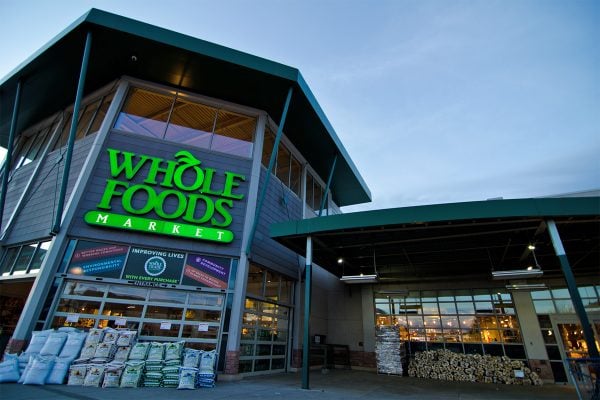
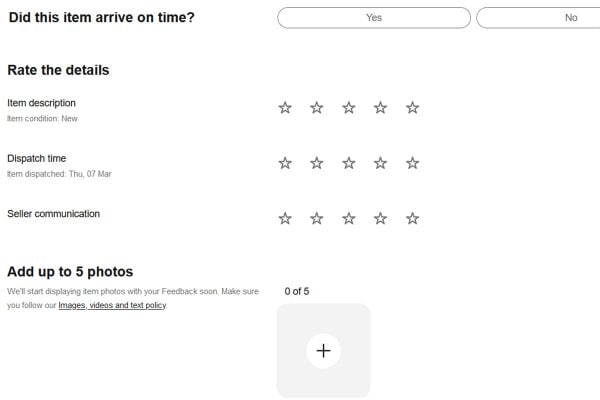



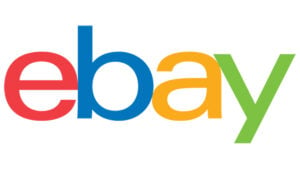


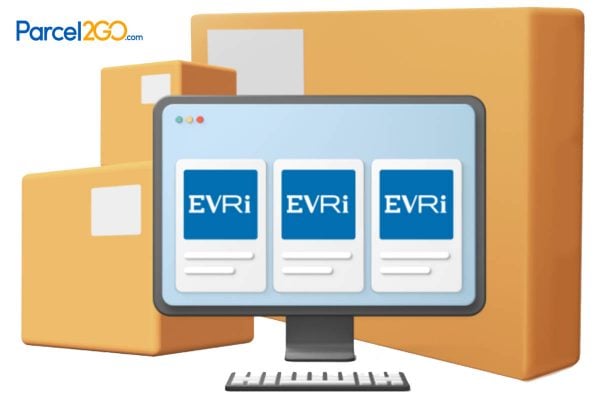
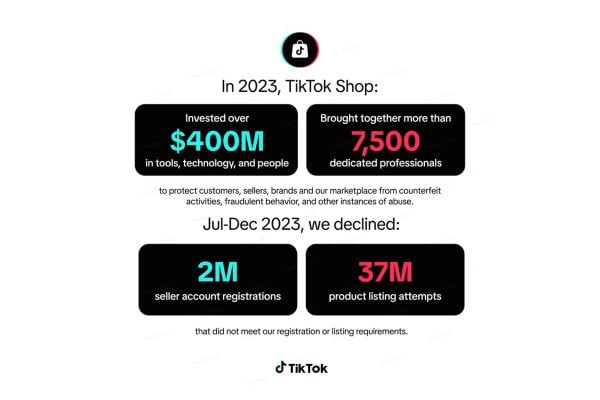
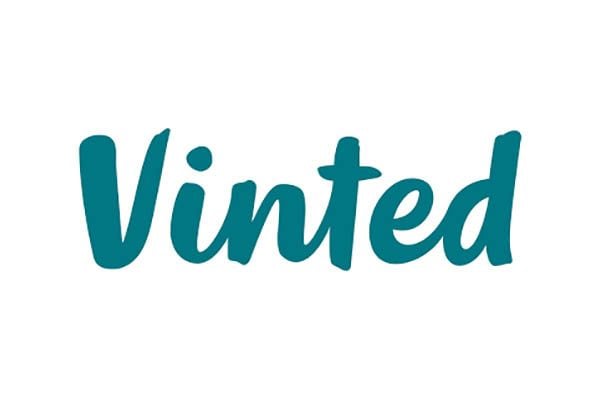
4 Responses
Some corrections:
Spit payments are not illegal. It is already in place in Italy and Austria
Marketplaces can identify Sellers which are clearly over the threshold. They can access country records for sales on their own platforms.
The solution is to have the credit card companies do it. This is in place in many countries already
Hope this helps
To implement this would be quite easy:
The market place would collect a nominal percentage of each sale to hand over to the VAT Man.
The business would either claim the money back should it not pay any VAT or use the payment as a part payment towards the revenue it owed on its return or a refund should they be owed one.
All VAT returns / invoicing would be the responsibility of the business seller.
Ok so the above is a little simplistic but would cut down on fraud / evasion.
VAT refunds: . Getting a refund is not that easy, after a lot of “arguing”, the VAT Man has agreed our refund, although we did (almost) have to promise to be a payer in future. But…. He did not refunded us, he credited the money to our VAT account against future payments.
The non UK sellers will find the way around it by using the reverse system.
For example:
Currentl: produce the purchase invoice for lowest amount and pay the VAT then don’t declare the sales. The VAT might be 20p.
With split payment; Produce the purchase invoice for highest amount and claim back the VAT then pay the VAT on sell.
For example purchase invoice for item A £8.00 and claim the VAT, sell it for £10 and after taking all the expenses the profit might be £1.00 and pay the VAT of 20p.
With the business based overseas it’s impossible to control this. This might help the overseas sellers by claiming higher VAT.